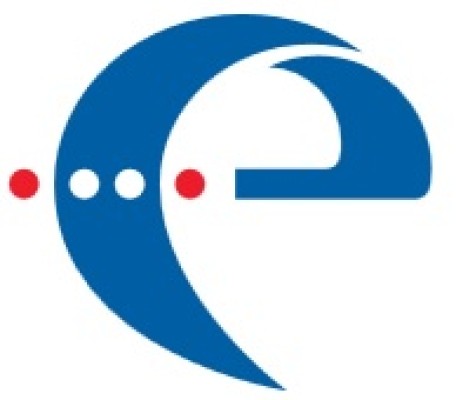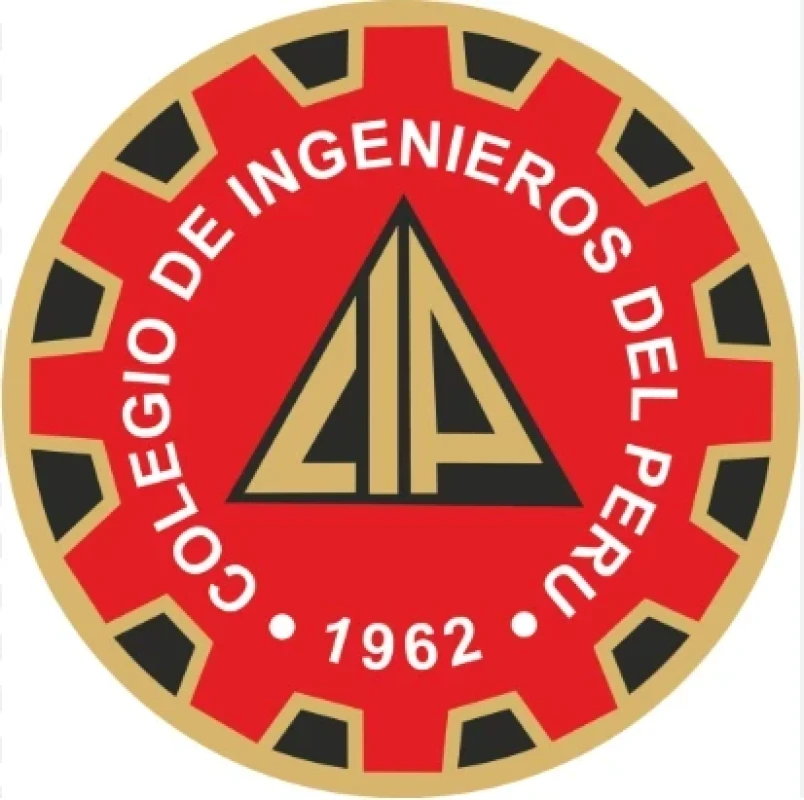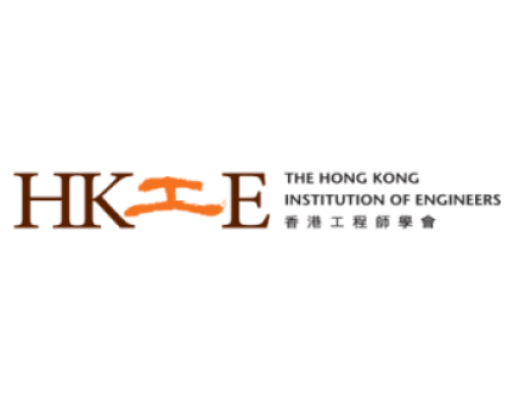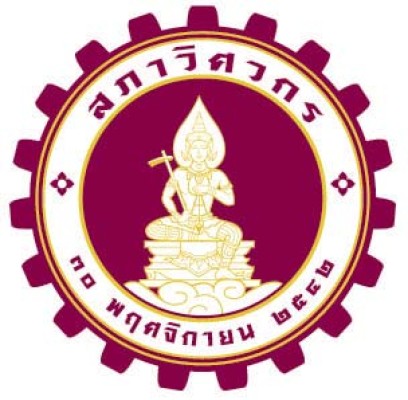The APEC Engineers Agreement recognises the substantial equivalency of standards establishing the competency of professional engineers for independent practice across Asia-Pacific Economic Cooperation economies.
Overview
Each member economy of the APEC Engineers Agreement has promised to minimise the extra assessment needed to be registered on the local professional engineering register for those registered under the APEC Engineers Agreement.

"Through a collaborative and transparent arrangement, the APEC Engineers Agreement encourages the free movement of competent engineering professionals across the Asia-Pacific region and fosters sustainable economic growth."
Chair of the APEC Agreement
The Professional Competence Profile
The APEC Engineers Agreement Professional Competence Profile establishes competency benchmarks for professional engineers qualified for independent practice across Asia-Pacific Economic Cooperation economies, ensuring substantial equivalence of professional competence within the regional framework.
Comprehend and Apply Universal Knowledge
Comprehend and apply advanced knowledge of the widely-applied principles underpinning good practice
Comprehend and Apply Local Knowledge
Comprehend and apply advanced knowledge of the widely-applied principles underpinning good practice specific to the jurisdiction of practice
Problem Analysis
Define, investigate and analyse complex problems using data and information technologies where applicable
Design and Development of Solutions
Design or develop solutions to complex problems considering a variety of perspectives and taking account of stakeholder views
Evaluation
Evaluate the outcomes and impacts of complex activities
Protection of Society
Recognize the foreseeable economic, social, and environmental effects of complex activities and seek to achieve sustainable outcomes
Legal, Regulatory, and Cultural
Meet all legal, regulatory, and cultural requirements and protect public health and safety in the course of all activities
Ethics
Conduct activities ethically
Manage Engineering Activities
Manage part or all of one or more complex activities
Communication and Collaboration
Communicate and collaborate using multiple media clearly and inclusively with a broad range of stakeholders in the course of all activities.
Continuing Professional Development (CPD) and Lifelong learning
Undertake CPD activities to maintain and extend competences and enhance the ability to adapt to emerging technologies and the ever-changing nature of work.
Judgement
Recognise complexity and reassess alternatives in light of competing requirements and incomplete knowledge. Exercise sound judgement in the course of all complex activities
Responsibility for Decisions
Be responsible for making decisions on part or all of complex activities.
Authorised Members (13)
There are currently 14 authorised member economies of the APEC Engineers Agreement, representing engineering organisations that maintain national sections of the APEC Engineer Register across the Asia-Pacific region.
Provisional and Conditional Members (3)
There are currently two provisional and conditional members of the APEC Engineers Agreement, representing engineering organisations working toward full recognition and establishment of national sections of the APEC Engineer Register.
Executive Committee
The APEC Engineers Agreement Executive Committee provides strategic leadership and oversight, coordination activities among members and ensuring consistent implementation of agreement standards and policies worldwide.
AIRCDRE (Ret'd) Anker Brodersen
Chair - APEC Engineers Agreement
Prof Ir Dr Norlida Buniyamin
Deputy Chair - APEC Engineers Agreement










